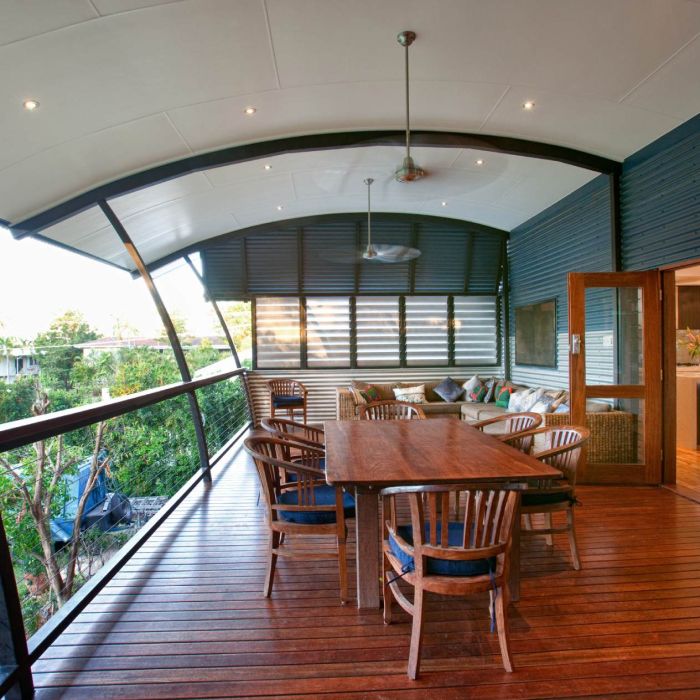I am constantly amazed and surprised by the sellers who opt not to disclose the price they would like to achieve for the sale of their property. What are they hoping to achieve using this tactic?
In the days when I was listing and selling real estate and sellers wondered if ‘no price marketing’ was possibly the way to go, I would ask them to put that question aside for the moment and consider one or two aspects of marketing.
First, I would establish where in the process of buying/selling they were at that moment:
Had they decided to replace their current home with another?
Had they started looking for the replacement home?
Having established that they were in going to be in the market for a replacement home, I would ask them one further question:
Wherever they were looking, (internet, newspapers, real estate magazines), what did they do when they found a property advertised without a price? Almost invariably they told me that they would ignore that listing and continue to look for properties that had a price.
Really, then, they had answered their own question.
As one seller said it to me:
‘If they don’t know how much they want for their property, how do they expect me to know?’
We are told by buyers all the time that they really like our straight-forward ways of selling property; they like to know how much the sellers are wanting and, if they are serious buyers (and they are the ones we really want to deal with), they like our ‘no open homes’ policy. Note: Our observation about open-home visitors is that they like open homes because ‘we don’t want to waste anyone’s time’ – i.e. they are not serious buyers.
Going back to the ‘no price marketing’, however, how would it be if all businesses operated on the guessing game principle. If it was such a great idea, why don’t the petrol station; pharmacy, supermarket, cinema or even your local doctor offer their goods or services without a price, so that you had to work out what you felt was a fair price, offer it and run the risk of being embarrassed by a refusal?
It is this chance of being miles away in their guesstimate that put many buyers off trying to buy a property that is not marketed with a price. With properties that do have prices, there is at least a guide as to sellers’ expectations.
Unfortunately, there are some unskilled salespeople in real estate, who will suggest that marketing without a price is a way to ‘hook people in’. This is a sure-fire way to attract low offers as those who do offer will want to make sure that they do not offer too high a price.
Think about it. If a salesperson is suggesting that you use such a method, they are actually suggesting that you try to trick buyers into putting in an offer. How do you think that they are going to induce a buyer to make an offer?
Yet another of the hurdles faced by sellers of properties without a price is the expectation by buyers that the sellers are ‘probably wanting too much’. This, of course, may or may not be true. The sellers may be quite realistic in their expectations but unfortunately, as far as the buyers are concerned there is no way of knowing this so their perception becomes reality and many potential buyers will avoid the problem by avoiding the property.
Sellers should try to consider the situation as if they were buyers and put themselves in the buyers’ moccasins. Sellers should not be too easily convinced by the blandishments of those real estate salespeople who advocate such a course of action.
Those who want to maximise the price they receive for their property should ask us for our free booklet ‘How to get the highest price for your property’.
It is a no-nonsense guide to doing just that. You’ll be glad that you did.
Bill Glover
Ethics in Real Estate


